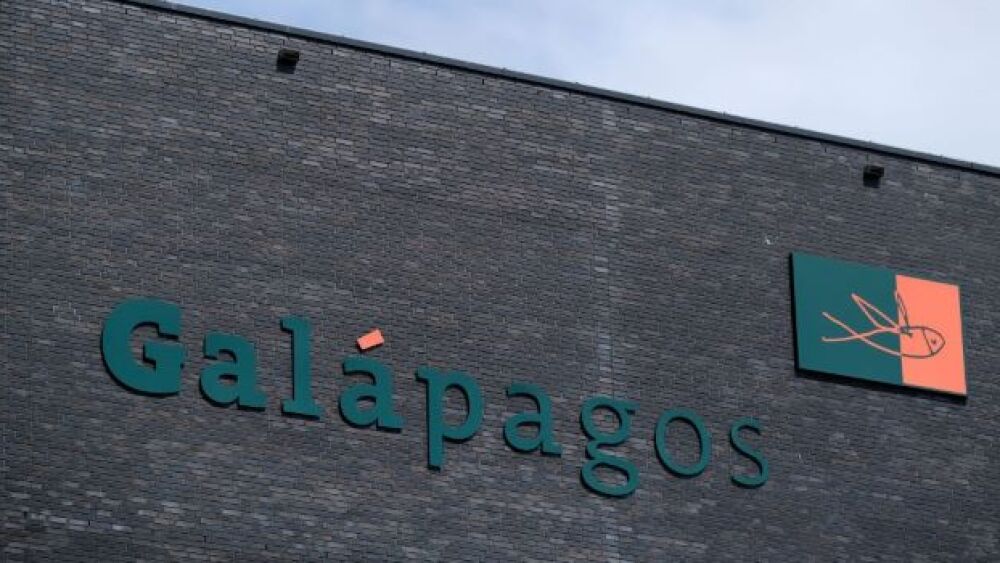Galapagos announced that it had acquired CellPoint and AboundBio in an all-cash transaction, greatly expanding its drug portfolio.
Courtesy of Yuriko Nakao/Getty Images
Belgian biotech company Galapagos NV announced that it has acquired CellPoint and AboundBio in an all-cash transaction, greatly expanding its drug portfolio. This marks Galapagos’ first foray into the cell therapy space.
Under the agreement, executed in full and consummated Tuesday, Galapagos bought out all outstanding shares of the other two companies, paying an upfront amount of €125 million (approx. $131.53 million) to CellPoint and $14 million to AboundBio. CellPoint continues to be entitled to a total of €100 million (approx. $105.22 million), to be paid upon hitting certain development milestones.
In return, Galapagos will gain access to AboundBio’s next-generation, fully human and antibody-based therapeutics platform, as well as CellPoint’s point-of-care cell therapy supply model, an innovative, decentralized and scalable approach that the acquiree developed in collaboration with Swiss multinational Lonza.
CellPoint’s model, in particular, can help Galapagos avoid many of the complex logistical problems that hold current CAR-T treatments back. In order to achieve such efficiency, CellPoint’s proprietary approach makes use of its end-to-end xCellit workflow management and monitoring software, as well as Cocoon, Lonza’s cell and gene therapy manufacturing platform.
The acquisition will allow Galapagos to combine CellPoint’s supply model with AboundBio’s therapeutic technologies into a fully integrated biopharma platform.
“With the transactions announced today, we position ourselves as a potential innovator in CAR-T, while building a strong foundation from which we can drive continued innovation for patients with advanced cancers who are in need of new treatment options,” Paul Stoffels, M.D., CEO of Galapagos, said in a statement. “Our goal is to bring three differentiated, next-generation CAR-T candidates into the clinic over the next three years.”
“This is a first key step in our strategic transformation to accelerate and diversify our pipeline with the aim to create short- and long-term value through focused external growth,” he added. “With the support of our collaboration partner Gilead, we warmly welcome the CellPoint and AboundBio teams to Galapagos, and together we look forward to potentially bringing transformational medicines to patients worldwide.”
Currently, two Phase I/IIa studies are underway testing a CD19 CAR-T candidate against relapsed/refractory non-Hodgkin’s lymphoma and chronic lymphocytic leukemia. These trials, approved by authorities in Spain, Belgium and the Netherlands, will also assess CellPoint’s decentralized supply model. Galapagos expects topline results for these to come in during the first half of 2023.
Waiting for Galapagos in the highly competitive CAR-T therapy space is biotech giant AbbVie, which announced earlier this month that its investigational bispecific antibody epcoritamab, developed in partnership with Genmab, could induce durable responses in patients with large B-cell lymphoma, making it a promising treatment option in this patient population.
Galapagos is also set to go up against pharma powerhouse Novartis, whose Kymriah (tisagenlecleucel) won approval last month from the U.S. Food and Drug Administration for the treatment of relapsed or refractory follicular lymphoma in adults who had failed at least two prior lines of systemic therapy. This is Kymriah’s third FDA nod, and it remains the only CAR-T therapy approved for use in both adults and children.






